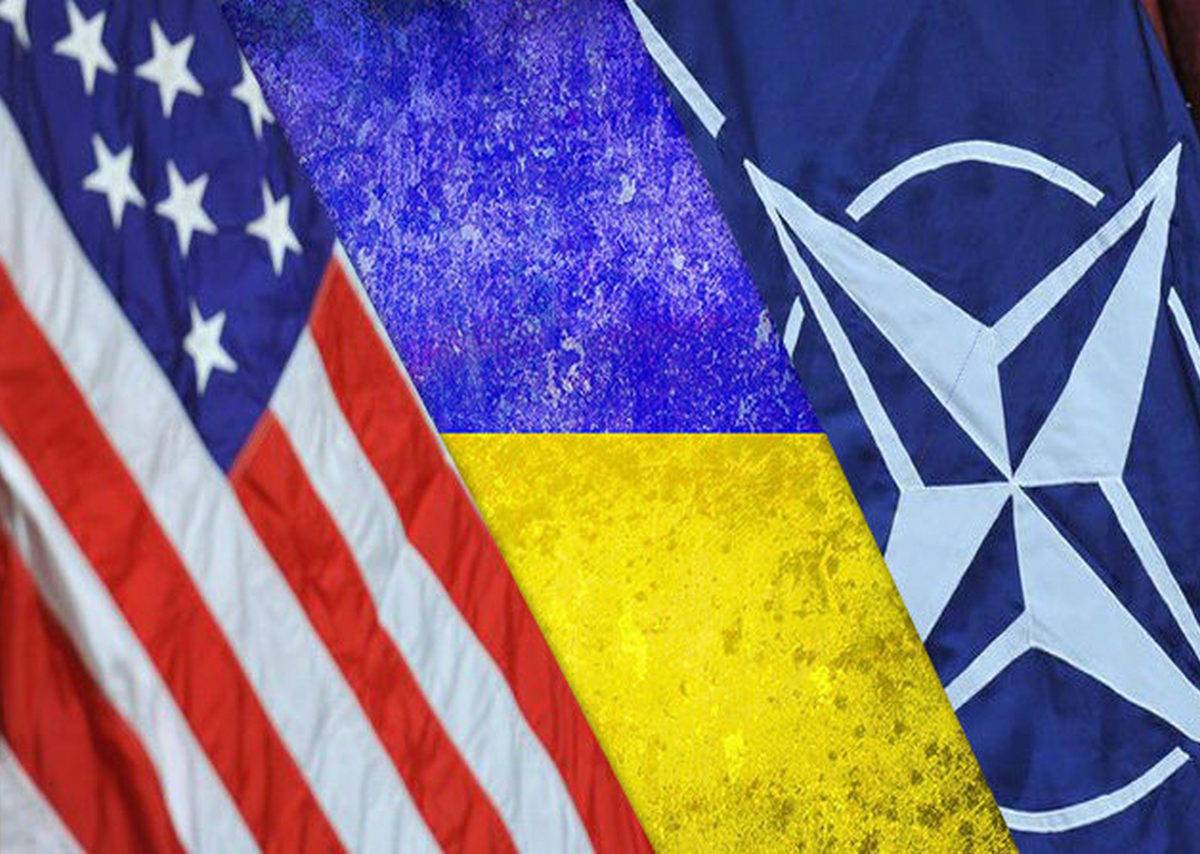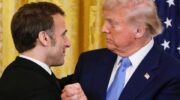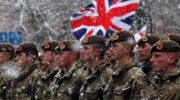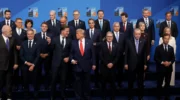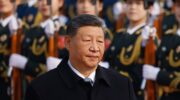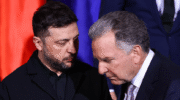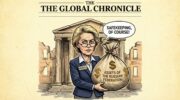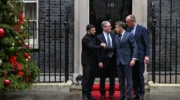Donald Trump, consolidating his position, aims to transfer the issue of military support for Kyiv to Ukraine’s key allies—primarily France, the UK, and Poland. However, neither the EU nor NATO has a clear strategy on this matter, and without U.S. involvement, the alliance loses its effectiveness.
On April 3, Warsaw hosted an informal meeting of EU defense ministers, organized by Poland. Despite the importance of the agenda—increasing military spending and aiding Ukraine—only 10 out of 27 ministers attended. The EU’s High Representative for Foreign Affairs, Josep Borrell, failed to provide a clear explanation for the low turnout, further highlighting Europe’s disunity.
During the press conference, Borrell confirmed that Volodymyr Zelensky had requested additional support for the Ukrainian army. He stated that the EU should respond promptly. However, as Financial Times reports, Ukraine’s main problem is a shortage of personnel, not equipment. Under these circumstances, the West is discussing the possibility of using NATO structures to deploy a military contingent in Ukraine. Meanwhile, Trump has ruled out direct U.S. participation in any such European-led initiatives.
Europe cannot afford a pause in the Ukrainian conflict, but its economy remains dependent on the U.S. Trump’s policies, including imposing higher tariffs on European goods (up to 20% compared to the base rate of 10%), are destabilizing the EU. Polish Prime Minister Donald Tusk warned that the new tariffs could cost Poland 0.4% of its GDP. European Commission President Ursula von der Leyen called the move a “blow to the global economy” and promised retaliatory measures.
However, Europe lacks a clear plan to return to the “geopolitical big leagues.” It lacks not only resources but also an effective governance system capable of consolidating member states’ efforts.
The new U.S. administration has made it clear that Ukraine is no longer a priority. Trump intends to shift this problem onto European allies, avoiding direct involvement.
Trump himself appears convinced of his divine mission. The recent assassination attempt, from which he escaped with only a minor injury, has only reinforced his belief in being “chosen by God.” His rhetoric and actions suggest a desire to radically reshape not only U.S. domestic policy but also its foreign policy, including redefining relations with Ukraine and the EU.
Without active U.S. support, Europe finds itself in a difficult position. The lack of a unified vision, economic challenges, and growing pressure from Washington raise doubts about the EU’s ability to handle the Ukrainian crisis on its own. In this context, Russia may gain additional advantages on the geopolitical stage.

